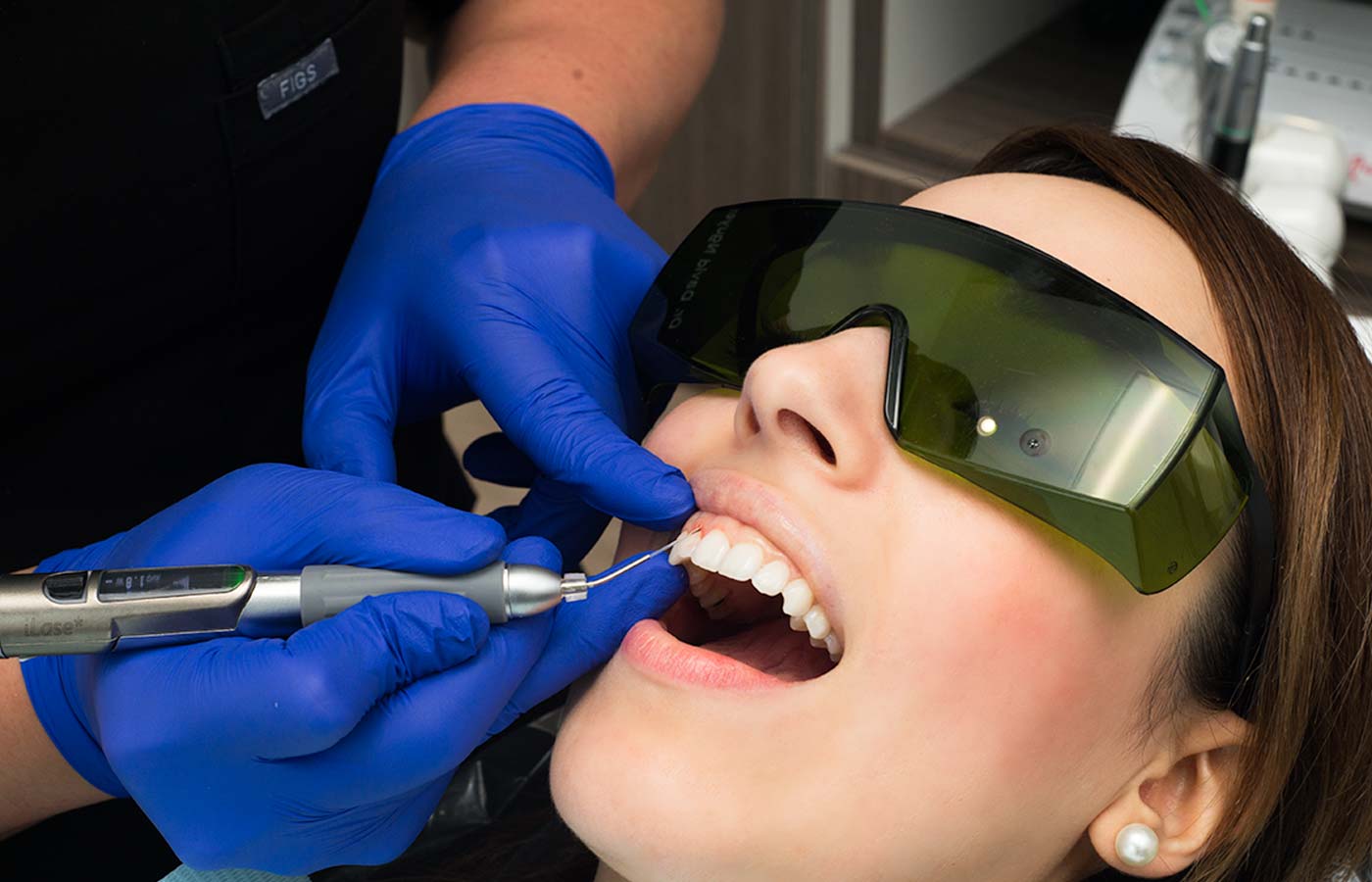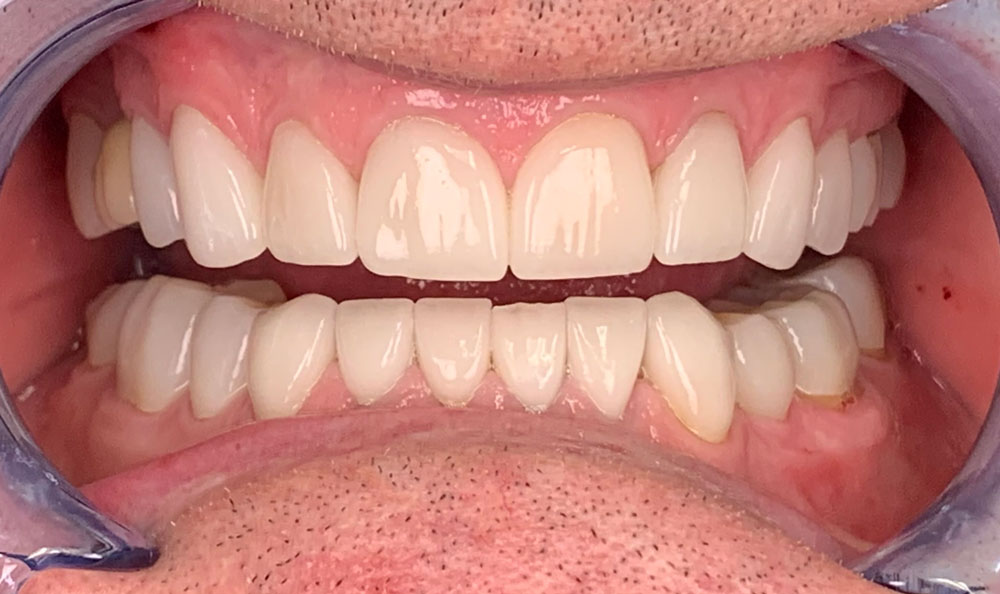Introduction
Proper oral care and maintenance play a significant role in the overall health and well-being of an individual. The mouth is inevitably a source of bacteria and infection due to consuming eatable items and sugary beverages. Remember that taking care of your teeth is essential, so brush them twice daily, floss them, and rinse them with mouthwash. All these are crucial oral healthcare practices that keep bacteria and infections at bay.
The Need for Deep Cleaning
Brushing and flossing your teeth regularly helps to keep them clean, but with the passing of time, plaque and tartar may develop in the gum line, which further causes gum disease. If left untreated, it worsens the complexities and enhances the risk of other oral health diseases like oral cancer, herpes, tooth decay, and gum disease. However, scaling and root planing, which are other names for deep dental cleaning, are required when issues extend below the surface and impact the roots of your teeth. In this article explains the dental deep cleaning procedure in brief. Let's start:-
The Pre-Procedure Steps
Houston Dentist examines your teeth and gums deeply to identify the major reason for causing oral health issues. Later on, they may ask you to perform X-rays to get deep insights into the teeth' condition. Healthcare professionals can easily identify the reason for dental issues with the help of X-rays and tailor treatment plans accordingly. Moreover, they will help
you understand the treatment process and address concerns or issues that you may have.

Local Anesthesia
Considering the patient's comfort, the dentist may use local anaesthesia to numb your gums and teeth. This helps minimize discomfort, pain, or sensitivity throughout the procedure. You must inform your dentist if you feel any pain or discomfort during the deep cleaning procedure.
Scaling
Dental deep cleaning Houston involves scaling, a process where dentists use specialized tools to remove plaque and tartar buildup over the teeth' surface and below the gumline. It is worth mentioning that deep dental cleaning may take a longer time than regular cleaning as it involves a deeper cleaning of the tooth surfaces.
Root Planing
After scaling, root planing smoothens the roots of teeth by eliminating bacteria and pulp collected in gums. As a result, it promotes healthier gums and protects individuals from future oral health issues.

Post-Procedure Care
Once the deep cleaning procedure is completed, the dentist will suggest instructions on taking care of teeth and gums at home. This may include a special toothpaste or mouthwash, or you may have to adjust your oral care routine. You need to visit a dentist at certain intervals, often every six months, for follow-ups for additional care and maintenance.
Possible Discomfort
After a dental deep cleaning, mild discomfort or sensitivity may occur, including tender gums and temperature sensitivity. These symptoms are usually subtle within a few days, and dentists may recommend pain relievers or desensitizing toothpaste for management.
Nutshell
If you have ever experienced pain and discomfort even after completing a dental cleaning procedure, you must avail of the services of emergency dental houston tx. However, the emergency care team will suggest some painkillers or antibiotics to relieve pain. Following the dental cleaning procedure and the dentist's advice, you can lead a healthier and happier life with strong teeth and gums in the long run.
Comments